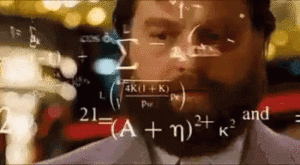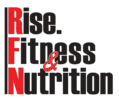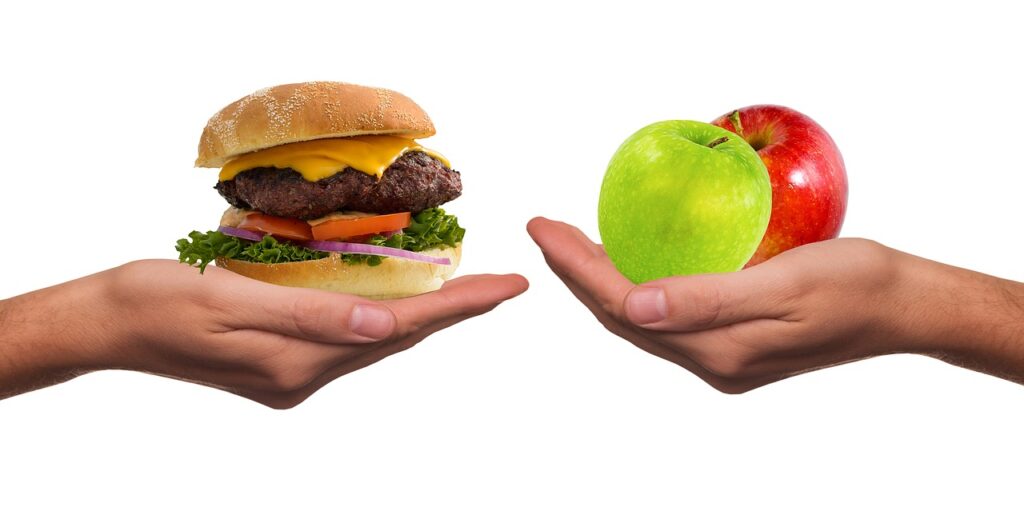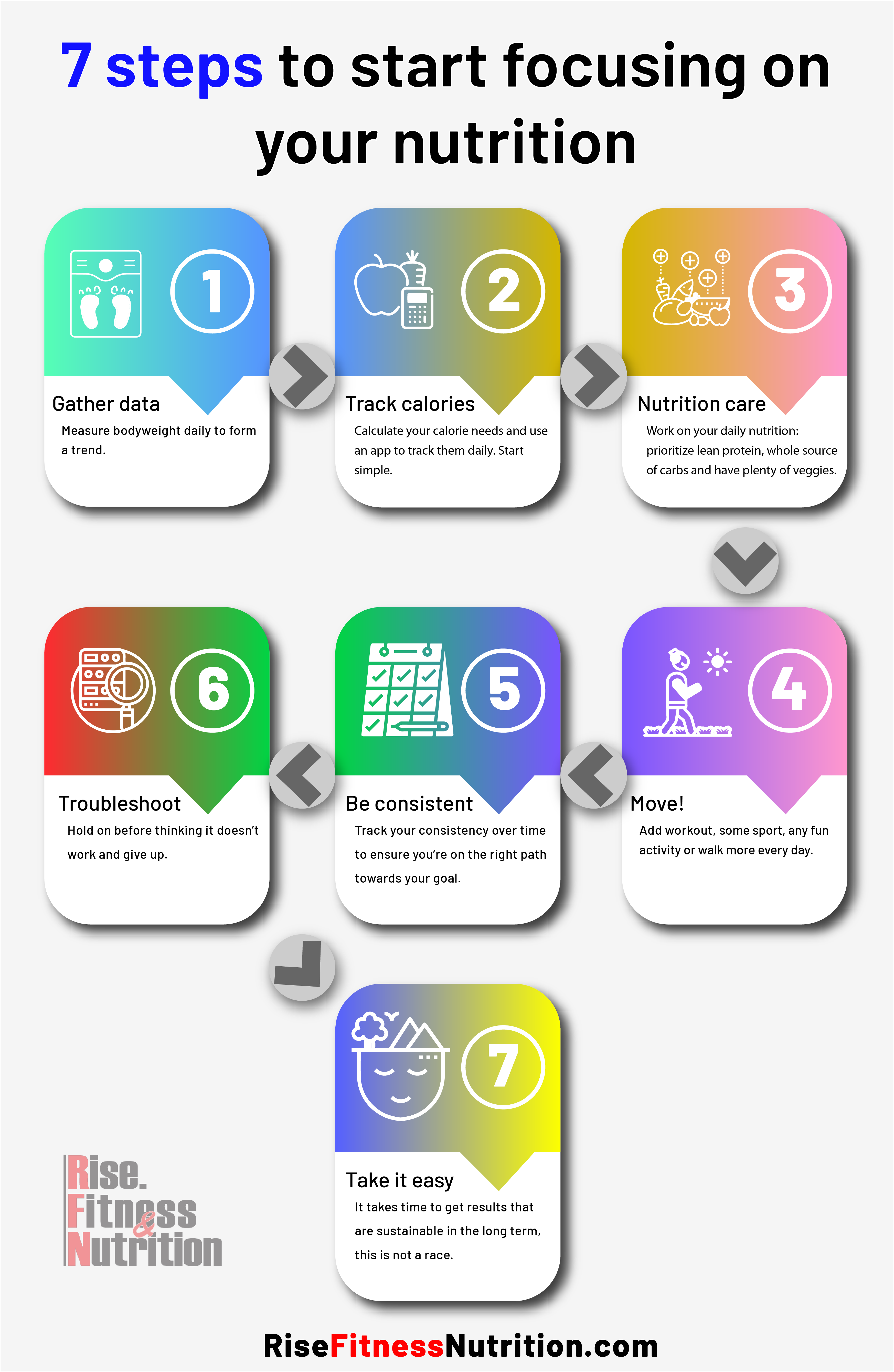Everything you need to know to figure out what diet works for you
Dieting 101, how to start with any diet? Let’s clear some fog up before jumping into the “to hell with this” mood and dive back into that huge bucket of chocolate ice cream.
Dieting is a huge topic. There is an enormous amount of literature on this, an infinite amount of websites, books, experts, trends, influencers, advices from friends family, neighbours and…you name it.
All of this contributes to make things worse as it’s just adding noise over noise and it makes it difficult to focus on the one thing that matters: having a healthy relationship with food while reaching your goal in terms of body composition, body weight and long lasting results.
Focus on the one thing that matters: having a healthy relationship with food while reaching your goal in terms of body composition, body weight and long lasting results
A couple of disclaimers before we start...
- Weightloss is a term that is generally used in place of fat-loss so keep this very clear in mind while reading through.
- Dieting does not necessarily imply losing weight, it can also be maintaining your current weight or even increase it.
- I’m not giving any sort of medical advice but I’m here to explain the principles behind a sustainable approach to dieting, if you have any serious underlying health condition or need medical support seek advice from a doctor.
What is NOT dieting?
- Crazy restrictions and limitations on the food choices
- Developing anxiety when the moment of a meal or a snack approaches
- Unhealthy comparisons with others that are going through a different journey
- Developing an obsession over body image VS health
- Squeezing unrealistic goals and expectation in the short term to then binge like crazy right after the deadline
What IS dieting instead?
- Having a measurable goal to aim for, for example a total body fat %, a waist measurement to improve but also a blood test marker to improve.
- Developing a sustainable relationship with food
- Including foods that you like in the diet that are often labelled as “unhealthy”
- Enjoying the process without rushing it
- Challenging yourself and yourself only, no one else matters
That is just the tip of the iceberg, but I sort of advice you to read this distinction a couple of times before going forward as it’s crucial to have it well clear in mind.
Now let’s make a little experiment, answer to these questions in your mind:
- Did you ever try any diet in the past?
- How did you feel?
- How long did it last?
- How many of the previous what is dieting and what is not points apply to you?
We have all been through that moment when our image in the mirror doesn’t reflect our expectations or when our friend of fav instagrammer is in a crazy good shape and that makes us feel terrible and dissatisfied or when our blood test comes back and looks like an unpaid bill because of all the red text.
What about that “from Monday it’s diet time!” where started an harsh restriction of calories followed by raging hour-long sessions on the treadmill that lasted probably until the following Saturday when you went out with friends for dinner, had the delicious foods and drinks you were craving for and fell into the “Fuck-this mentality“.
The risk of sliding into a vicious circle of punishing restrictions, harder trainings and guilty ice creams with thoughts of “this doesn’t work for me, I can’t do this” is definitely real.
Does this feel somewhat familiar? The truth is that there is a way to make this sustainable for you and to allow you to reach results without being locked in a monastery eating a carrot per meal for the next 6 months.

Ok, where to start?
You’re going to need a body scale but don’t be afraid of it.
Measure your bodyweight tomorrow first thing in the morning on an empty stomach if possible (yes, after the morning toilet run) and write the value down.
This is your starting point. I know it might sound too scary to approach the scale everyday but I would like to ask you to do this every morning consistently, and make this into an habit.
Body weight is nothing but a numerical value to refer to and to use to understand trends over time. You can use any app to your liking to log the weight values and keep track of them.
Before you flip at the value going up and down one day after the other with no apparent explanation, let me tell you that what matters is the trend over the course of at the very least 30 days, hence measure every day. That will tell you if you’re moving towards your goal.
Time to talk about food choices
#EatYourProtein.
I will talk about this in depth over the next weeks but, for reference, work on eating protein every meal and towards having at least 1 gram of protein per Kg (0.8g per Lb) of your bodyweight everyday.
This is helpful as they will help you feeling satiated and satisfied after a meal and to help your body build muscles, provided that you workout. Sure you can have more and, especially if you do strength training, you should consider having more but, start light and get used to it before increasing the amount.
#EatYourVeggies.
seriously though ramp up the daily veggies! You heard it already it “eat the rainbow”? Include them every meal you can. Why? Because they help you feeling full, they contain a loot of micronutrients and they’re simply great for you. What if you don’t like veggies? I didn’t like them either, or I thought so until I actually tried them. If you really can’t figure this out, google is your friend, there are millions of delicious ways to cook vegetables that will change your mind.
#CarbsAreNotYourEnemy.
You can eat carbs. Yes, read this again, you can eat carbs AND you can eat carbs after 8pm too.
The truth is that including carbs in your diet is not only beneficial for your body composition, but also for your sanity and energy level. The key here is: prioritize whole sources of carbohydrates vs cakes and sugary drinks as much as possible.
#DrinkWater.
Everyday. No rocket science here, water is good for you, keep a bottle around and in sight and drink it during the day. The sooner you get used to it, the better it will be.
Simple eating patterns
When it comes to eating I have some strategies that I use to help satisfaction and sense of satiety.
Eat veggies and protein first AND carbs last. Simply because protein and veggies will keep your fuller and satisfied for a longer time whereas carbohydrates could make you feel full first so that you have less space for protein and veggies but actually might make you feel hungry quite fast after your meal.
Eat slowly and mindfully. Are you aware that you’re eating or are you just gulping down stuff? Think about and enjoy your meal.
Don’t drink your calories. Water is your greatest ally, coffee and tea are your friends too, just be careful of everything else but milk inside them, they might be very packed with calories that you are not necessarily aware of and that you don’t need.
You don’t have to be so full that you’re going to explode at every meal. Leaving the table with a tiny bit of hunger, will not kill you I promise. Let’s say, 80% full is the rule of the thumb if you’re aiming to fat loss.
What about calories?
Total calories and macronutrients at the end of the day matter more than the time you eat them so stop panicking if you have dinner at 8:05 pm.
How to calculate your calories to lose fat? There are tons of calculators that can confuse things a lot, to get a reasonable estimate for amount of daily calories you need try simple step:
- Take your current body weight and multiply it by:
- the number 12 if in Lb and have a range of +/- 5% OR the number 24.6 if in Kg and have a range of +/- 5%
- These are your daily calories. Input them in a macro nutrient calculator and take it from there.
- the range will make it easier to be consistent and will still have you lose fat in the long term in a sustainable way.
- the number 12 if in Lb and have a range of +/- 5% OR the number 24.6 if in Kg and have a range of +/- 5%
Let’s apply this to your daily life. I am not going to lie, this is the hard part but it’s something that once you master, will allow you lifelong lasting satisfaction and results.
- Buy a kitchen scale: I recommend one that can handle heavy weights so it’s a lot easier.
- Weight the food you’re cooking and be aware of its macronutrients using any calculator, website, app, or anything that suits your needs in a smooth way.
- Now you know, for example, that 100g of chicken breast have around 30 grams of protein and 165 calories. Add that towards your daily goal, repeat by the other foods you’re preparing and you’re set!
- Use a macronutrients tracker app to avoid going crazy on numbers. There are many available, try the one that works better for you. I for one use “simple macro” for android it takes some work but it’s fine for me.

A macro tracker saves you a lot of time and stress!
If you go out for dinner and drinks, will you lose all the progress? This is important to understand as going a bit overboard will not ruin your progress.
Ok let me write this one more time: having extra food or drinks in a couple of occasions over the week will not destroy your progress.
This is exactly like throwing away a shirt because you have lost one single button.
Enjoy your dinner, enjoy your drinks and get back to your normal routine afterwards, period.
Add training to your daily routine. This doesn’t mean you need to become an elite powerlifter from tomorrow but adding strength training and in general being more active will aid in your fat loss and health.
One thing over all? Walk, walk, walk, walk this is the easiest and most underrated form of exercise. Aim for 8-10 thousand steps a day regularly.
Dieting 101 troubleshooting: things don't seem to work? Find out why.
When you feel you have been consistent over a reasonable amount of weeks but nothing changed….ask yourself, have you been really consistent? How consistent?
If you have troubles assessing your consistency, try write down a complete food log of everything you eat and drink for 7 days (remember those coffees with creamer and 2 spoonful of sugar each? Those matters a lot). Does your food fit your daily calories/macros intake?
Honestly ask yourself, have you been really consistent with your plan?
Buy a calendar and choose a pen of a color that you like.
Every day you hit your calories/Macros intake range, fill in the day square with the colored pen, this is a consistency token.
How many consistency tokens do you have at the end of the month? Are they 70% or more over the course of the entire month?
If they’re less, there you have it. Something to work on.
Less consistency simply means slower progress, it’s not the end of the world. Do you think you have been more than 70% consistent? Track and check your food intake again, I promise that chances are that there are hidden calories that are sneaking through your diet more than you imagined.
Last but not least…. Take it easy on yourself, sometimes it takes a bit longer, sometimes it’s easier sometimes it’s not but if you’re consistent result will come over time.



Pingback: Build consistency to reach any goal in your life - Rise. Fitness & Nutrition